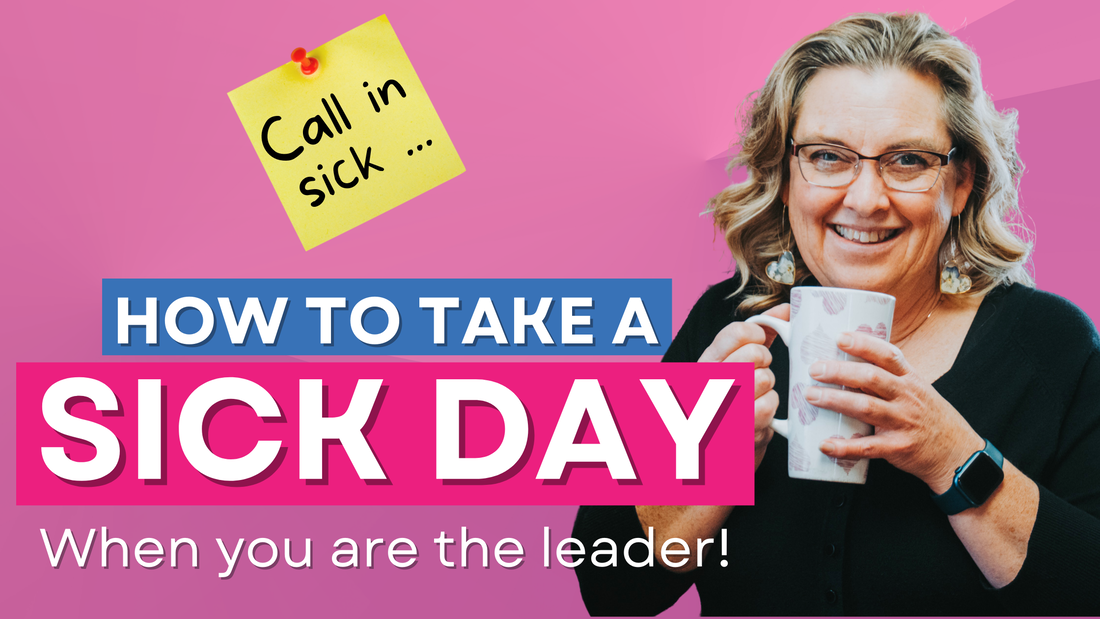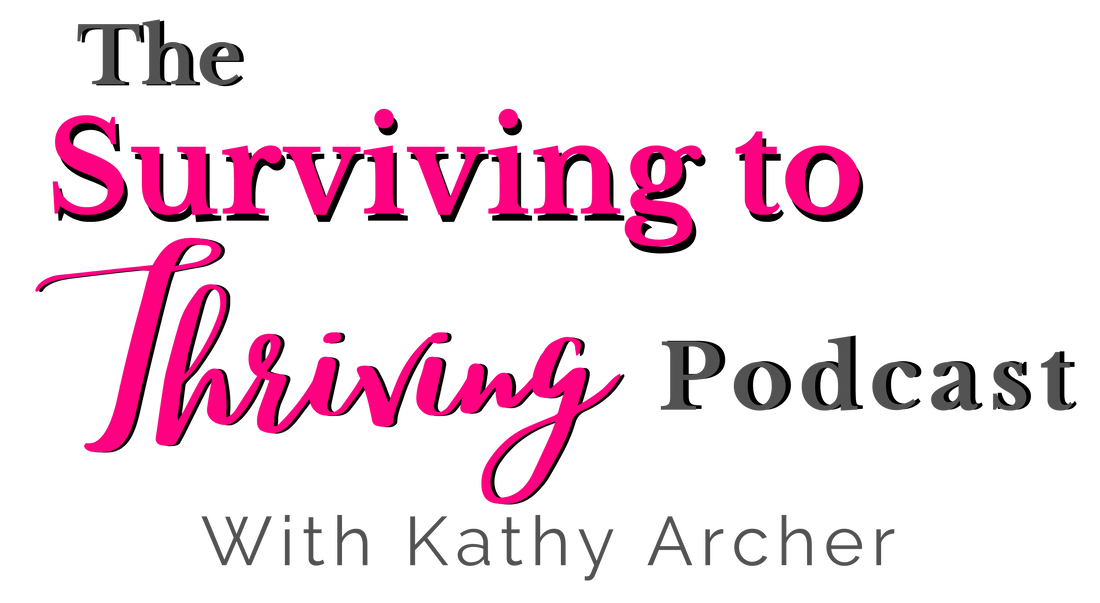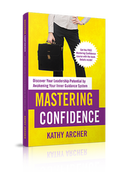From Guilty to Empowered: Overcoming the Guilt of Taking a Sick Day in Nonprofit Leadership28/2/2023 Last week, I came down with a nasty case of the Norovirus and yet...
How can I take time off? My first thought was: I've just got to get through this, and then I can get to work. My second thought was: I'll just pretend I'm OK. I won't let anyone know I'm sick. My third thought was: Did you just think that? Just pretend? Is that the kind of person I want to be when my body clearly tells me I should not be at my computer? I will pretend I'm OK and not let on that I'm about ready to fall over. Seriously? I can barely walk from room to room, and I can't stay awake for more than an hour, and I'm going to pretend I'm OK? That realization quickly urged me to clear my day's schedule and let myself be sick! Sometimes it's "easy" to decide that. However, at other times, taking time off because you are sick isn't always such a clear choice. 👉 As leaders, we can't always take a sick day when were are not feeling our best. Sometimes you must work with a headache. Sadly, you can't always stay home when your menstrual cramps are killing you. And if we all took time off when we had the sniffles, work would never get done. So how do you know when it's OK to take time off and when it's not? 1️⃣ First, you need to pause, stop and perhaps sit down. 2️⃣ Then with intention, ponder your dilemma. You won't make your best decision with unconscious thoughts whirling in your head. Let's go through some considerations, and I'll provide you with questions you can mull over to help you make a decision you'll feel better about. 🤔 What kind of workplace culture are you creating? The obvious question is, are you contagious? But we all know that even that won't stop many of us from working. Instead, we'll rationalize it to either I'm working at home, I'll keep my distance, or they've probably already been infected. But what if you took that question a step further?
Does that change your perspective a wee bit?
What's the impact of your taking time off? Leaders carry different responsibilities that often have a trickle-down or ripple-up effect. Your work, or lack of it, can impact others. And by work, I don't simply mean returning emails and attending meetings. But more so, it's your decision-making skills, problem-solving abilities, accountability responsibilities and resource delegation roles. By taking sick time off, you may prevent things from happening, create a bottleneck or further complicate issues. Your absence could mean missed deadlines, loss of funding or risk of failing to meet contractual obligations. All that is not to make you feel guilty. You already know this. That's why I say it. Worrying about this in the background only creates guilt and anxiety and may cause you to work when you really shouldn't. So what to do? Again, I'll encourage you to pause. Stop and sit down without your laptop and phone for a few minutes, then ponder. Consider the following questions. ❓ Would my absence cause significant disruption to my team or clients?
❓ Have I ensured my team has the resources and support they need to continue working effectively in my absence, such as clear instructions, updated contact lists, and access to necessary technology? ❓Do I have any important deadlines or projects that could be impacted by taking a day off, and if so, have I made arrangements to mitigate any potential setbacks? ❓ Would my absence create excess workload, pressure or morale issues for my team or organization?
❓ What needs to be reorganized?
You're entitled to sick leave. Taking time off when unwell is not something to feel guilty about. The more intention you put into creating a plan for your absence, the easier it will be to let go and take care of yourself. 🤔 Are you risking burning out if you don't take care of yourself? As a nonprofit leader, your work is incredibly important, and you're likely passionate about the cause you're working to advance. However, there are times when it's important to take a step back and prioritize your own well-being before it's too late!
What makes it so hard to make a choice to look after me?
If you are feeling unwell and you think taking a day off would help you recover more quickly, it may be worth taking a sick day. Taking care of yourself and getting the rest you need can help prevent your illness from worsening and help you feel better faster. 🤔 What about your family? When illness hits, it often hits an entire household. So while you need to consider your work responsibilities, you must also consider what's happening at home. Gallup's research has found that members of strong teams are as committed to their personal lives as they are to their work. That means when their families need them, they are passionate about being there for their families. You are a better leader when you do.
Ideas for using the questions: While you probably aren't going to review this entire list every time you get sick, it is a place to come back to on occasion to ensure you are being your best self and, thus, the most positively impactful leader you can be.
As a nonprofit leader, your work is important, but so is your health and well-being. By using this framework to help you decide when to take a sick day and keep these reminders in mind, you'll be better equipped to care for yourself and continue making a difference in the world.
0 Comments
Your comment will be posted after it is approved.
Leave a Reply. |

Available on Amazon
Archives
May 2024
|
|
Leadership TRAINING for Nonprofit Leaders
Become a confident and competent nonprofit Leader: Join The Training Library membership Executive and Leadership COACHING Leadership Coaching for Nonprofit Executives, Leaders and ManagerCoaching |
PODCAST for Nonprofit Leaders
The Surviving to Thriving podcast: Strategies, systems and support to lead your nonprofit with confidence FREE RESOURCES to Grow your Leadership Skills Free Leadership Training Resources, Worksheets and Templates |
Become a CONFIDENT LEADER
|




 RSS Feed
RSS Feed
